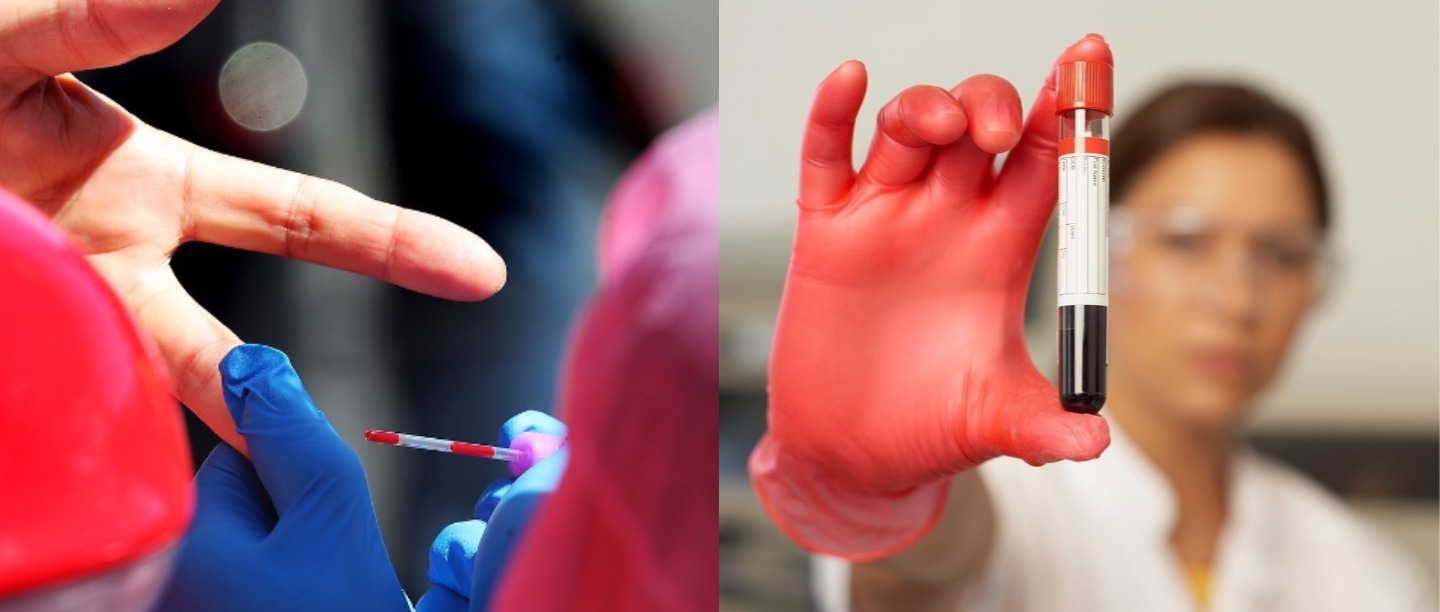
With an alarming number of cases from Mumbai slums and Rajasthan districts and a considerable spike in the total number of COVID-19 cases in the past week, the Indian authorities have taken the call to start rapid antibody testing. The decision has been taken on seeing the sudden emergence of several hotspots throughout the country. As per the current plans, the testing is expected to start from Thursday onwards.
The test that is currently being employed for coronavirus detection is called PCR (or polymerace chain reaction), which identifies the virus by using a nasal or throat swab sample. It takes at least five hours to get results. Similarly, the testing kit developed by Pune based Mylab delivers the result in two hours.
Rapid testing can prove to be really helpful in the current scenario by exponentially decreasing the testing time and thus making it easier for authorities to segregate infected cases and then send them for further examination. Not only will this make the entire mitigation system faster but also more efficient.
Khushroo Pastakia, managing director of Voxtur Bio Ltd. elaborated on the importance of rapid testing in a recent media statement and said, “Mass screening is critical at this stage. These rapid tests will provide a very fast backup plan for the government to take action where real tests are required.”
What Is Rapid Testing?
Rapid testing detects the presence of antibodies that have been created by the body to fight the virus. According to media reports, Bione, a Bengaluru-based biotech start-up is all set to release an antibody-based rapid test kit for COVID-19. The functional strength of this testing kit lies in the fact that it can deliver results at home within 10-15 minutes. This is an immunoglobin-based tool that uses a blood sample and can detect infections and can also detect whether the infected person is in early or advanced stages.
“India has taken a decision to use antibody tests which could be a game-changer. The currently used test (PCR) tells us who is currently sick. We are seeing only the tip of the iceberg. These antibody tests are expected to be very economical, simple and give results within 15-20 minutes. It is being used for contact tracing in some countries. The Indian health system has a lot of experience in doing such tests, like the ones for dengue, chikungunya, so it will be easy to ramp up the screening. It’s a great tool for surveillance, and building up epidemiological data,” said Lalit Kant, a scientist and former head of epidemiology and communicable diseases at the Indian Council of Medical Research (ICMR)
Where Is Rapid Testing Beginning In India?
India is likely to begin its rapid testing drive this week with people living in high containment zones, evacuation centres, and “large migration gatherings.”
“The government’s primary focus has been placed from where a large number of cases are being reported, large gatherings and evacuation centres. Another focus area for which our experts recommended rapid testing is for patients suffering from influenza-like illness (ILI) with an objective to be used as a more effective monitoring tool in these areas,” said Luv Agarwal, joint secretary, Union ministry of health in a media briefing yesterday.
Just a couple of days ago, the health authorities in India identified cluster hotspots in the country so as to contain the community spread of coronavirus. Some of these hotspots include Nizamuddin and Dilshad Garden in Delhi, Noida and Meerut in UP, Bhilwara in Rajasthan, Mumbai and Pune in Maharashtra, Ahmedabad in Gujarat, Kasaragod and Pathanamthitta in Kerala, and Morena in Madhya Pradesh.
Both the convenience of testing and the time plays an important role and add to the importance of antibody tests which can prove to be a game-changer in India’s COVID-19 breakdown.
Featured Image: Instagram